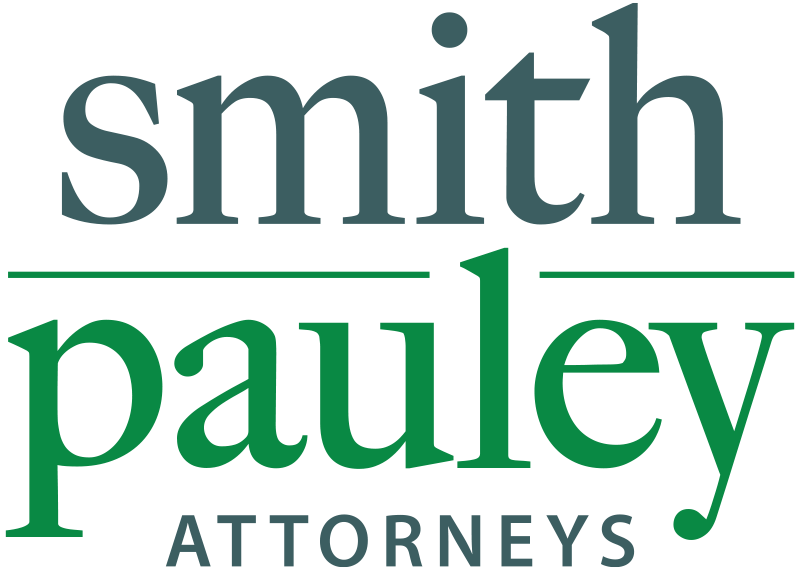The Age of Artificial Intelligence: ChatGPT for Lawyers
By Kylie Karsky, Legal Analyst, Smith Pauley
The integration of ChatGPT and similar artificial intelligence (AI) technologies into the field of law has raised significant ethical implications that must be carefully considered. While AI can bring many benefits to the legal profession, such as increased efficiency and accessibility, it also poses challenges and potential pitfalls.
One of the most pressing ethical concerns is the potential for bias in AI-driven legal processes. ChatGPT and similar systems learn from existing data, which may contain biases inherent in the legal system, such as racial or gender bias. If not properly trained and monitored, AI could perpetuate or even exacerbate these biases, leading to unjust outcomes. The "black-box" nature of AI algorithms can make it difficult to understand their decision-making processes. Lawyers and judges may struggle to explain or challenge AI-generated recommendations or decisions. This lack of transparency raises concerns about accountability and due process, as individuals have a right to know how and why legal decisions are made.
Lawyers and legal institutions handle sensitive and confidential information. The use of AI in legal work introduces new risks related to data privacy and security. Ensuring that AI systems are robustly protected against cyberattacks and unauthorized access is paramount. Lawyers have a duty to maintain client confidentiality. Sharing client information with AI systems may raise concerns about whether these systems can truly protect sensitive data and uphold this ethical obligation. Relying too heavily on AI systems may diminish the role of human judgment in the legal process. Legal professionals must exercise discretion, empathy, and ethical judgment when advising clients or making legal decisions. AI cannot replace these human qualities.
AI systems are fallible and can make errors, potentially leading to wrongful legal outcomes. Determining who is responsible for these errors, whether it's the AI developer, the lawyer, or the judge who relied on AI-generated information, is a complex ethical issue. Ethical guidelines and regulations are necessary to ensure responsible and ethical use of AI in law. Establishing clear rules and oversight mechanisms is crucial to prevent misuse and mitigate ethical risks.
However, here are five key tricks for attorneys to continue using ChatGPT effectively:
1. Ask precise and specific questions to get accurate and relevant responses. Avoid vague or broad inquiries.
2. Always verify the information provided by ChatGPT from trusted legal sources to ensure accuracy and currency.
3. Maintain client confidentiality, adhere to ethical guidelines, and be transparent about the use of AI tools in your legal services.
4. The text generated by ChatGPT may need editing to fit the context of your case or document. Review and edit as needed for accuracy and clarity.
5. Stay updated on AI advancements and legal tech developments to leverage these tools effectively while preserving the role of legal expertise.
Key Takeaways:
While AI technologies like ChatGPT offer numerous advantages in efficiency to the legal field, their adoption must be accompanied by a careful consideration of the ethical implications. Addressing issues of bias, transparency, accountability, privacy, and equity is essential to ensure that AI enhances, rather than undermines, the ethical foundations of the legal profession. Legal professionals, policymakers, and AI developers must collaborate to strike the right balance between innovation and ethical responsibility in the practice of law.
Kylie received her BA in 2023 from Creighton University. Her experience in the non-profit, political, and legal industry has provided her with unique opportunities to work with city, county, state and federal officials and agencies, as well as key members of the business community. She focuses her practice on assisting different practice groups within Smith Pauley. Kylie has aspirations to attend law school in the near future and begin her legal practice in Nebraska.

